
MIR Trip Notes: Day 11 - Kubachi, Drive to Derbent
Say goodbye to your host families after breakfast, and continue down the mountains to Derbent, with stops along the way for photos and to explore villages.
A city of some 120,000 Derbent is the southernmost city in Russia. Set on a narrow lowland along the Caspian sea with the Caucasus Mountains barely two miles away, Derbent has been a strategic spot for thousand of years. Its ancient name was the "Caspian Gates," because it guarded the easiest route for the Silk Road to pass through from the east into Europe. The strategically placed city changed hands among the Persians, Romans, Byzantines, Mongols, and finally the Russian Empire.
One of Russia’s least-visited UNESCO World Heritage Sites,
the “Citadel, Ancient City and Fortress Buildings of Derbent” are
awe-inspiring. The massive UNESCO-listed Naryn-Kala Fortress dominates the old city, and remains of its two city walls running from the mountains to the sea, can still b3e seen today. Built by the Sassanian Persians in the 5th century, the
immense Naryn-Kala Fortress was in continuous use until the 19th
century when the Russians occupied the region . With walls of dressed stone six
to 13 feet wide and 30-40 feet high, the fortress encompasses an 18th
century khan’s palace, cisterns, baths and guardrooms.
Check into the hotel and enjoy some free time before gathering for dinner together.
Meals: B,LD
Golden Beach Hotel, Ulitsa Sheboldayeva, 5а, Derbent,Russia, 368600
Driving time: 1-2 hrs, including winding mountain roads with rough surfaces
Just had the most exasperating
experience getting to my room at the hotel in Derbent., but I can
describe it later.
I woke up around 3:30 am or so and
managed to go back to sleep until 5 am when I went downstairs to the
bathroom at the house where we were staying for the night. When I came back up, Kay's door was open so I said Hi and
we got to talking – about the trip, cost of trips, cost of home
repairs and life in general until it was time to get ready to be
picked up for breakfast at 6:50 am . I got my bags downstairs just
in time for Rustam's pick up. Judy, Kay and I were driven back to
the new guest house – only opened the day before we arrived – for
breakfast. They had porridge and eggs and a great raspberry jam. I
got to try some of the prized apricot seed butter (urbich) which tasted a lot like
peanut butter.
So my vow to note down all stops has
failed me. We made a drive up the hill to visit the Kubachi Tower and the
museum with local artifacts on the 3 floors of the tower. From the
crenellated top, we had a good view of the houses tiered on the hill.
Very scenic. There was the old abandoned part of the village and the newer
neighborhoods with the bigger, more modeern houses that exhibited the
weath of the village. We visited the local weekly market in between
driving to the tower and getting into it. Lots of these places
require the caretakers to open them rather than being opened for hours during the day. At the weekly market we saw produce, beautiful
melons, tomatoes and other vegetables. There were flower print
dresses that the ladies wear for sale as well. I guess many of the
things needed in the vthillage were sold here at the market. We walked to one enclosed area –
the men's club – that had gravestones embedded in the walls. They
were put there in memory of men who fought in WWII or some other war
and who never made it back home. One special feature of this village is the distinctive headscarves made and worn by the women. They were quite attractive, but also a bit pricey so, even though one would have made a nice souvenir, I passed them up. To my later regret. Also, between trying to take a few non-disruptive photos and seeing what was there, I really didn't have time to try to buy anything. Unlike many other tourist locations where buying souvenirs is encouraged and facilitated, it did not seem so easy here. There were certainly fewer opportunities, less time, and more limited products....except maybe for honey. As a tourist, I could have bought literally a ton of honey.
After the museum, we walked down a
steep path and around the edge of some buildings – oh, yes, we could
see another tower from the first tower but you couldn't see it when
you were below because it was surrounded by houses. We saw some
special features of the houses and lots of weeds. We passed the
graveyard and Vlad gave us 5 minutes to check it out. I was just
about to take a photo of a blue shrine when my camera stopped. I
thought it was a dead battery, but later when I was able to try to
change it, I saw that the sd card was not totally inserted so it actually
had indicated "no memory." I am lucky the card did not fall out.
After the walk, we drove to a complex
– a former craftsman
collective -- that Michel was able to get us entrance to . It now had a silversmith museum with many beautiful
pieces including a famous double sword. Vlad told us that twice
there were robberies of the building. One time, the robbers made off
with loot only to be caught after getting stuck in mud on the road –
it was winter time. I think this place had a small shop where we
crowded over the counter. I was able to buy a chain here, but gave
a large bill and they had to run out and get my change. Vlad and
Michel were upset that it held us up because they each would have
been able to give me change. I, however, was not aware of this. We
then went to a second craftshop – I am getting them confused now.
We saw more beautiful pieces in this place and it had a small gift
shop too. Here, however, I was not able to put myself forward enough
to get any attention to look at any silver jewelry, but I did manage
to buy a children's book about Kubachi in Russian. Vlad said a friend or
friend's wife had written the book. Finally we stopped at a textile factory.
All these handicraft factories were promoted during Soviet times and then dried up
afterwards, but this factory employs several women to work on a style of embroidery peculiar to to Kubachi. I really loved
this place! I think our group had a tendency to dawdle - not that I felt we were being particularly slow - but our itinerary did not really allow for it because we had so many things to see and, with driving, limited time.
Once we were in the jeeps again, we
began to descend into another valley – in the usual zigzag way. I
think Dagestan is dustier than the rest of the North Caucasus. Kay
teased me about taking photos of the dust trails behind the Jeeps as
we drove along. We had a couple of close calls today as a truck came
around one corner and Rustam pulled into a dirt pile from road
construction in order to avoid it and somewhere else we almost hit a car head-on I think.
We made a short stop in Majalis where a tightrope walking exhibition had been arranged for us.* Eventually we neared Derben. It had gotten a lot warner and the
traffic got a lot worse. We traveled through a lot of Derbent before
Rustam pointed out the Caspian Sea.
Before checking into the Golden Beach Hotel, we went
to a restaurant on the beach for lunch. We ate at a long table in a
closed building closer to the beach before we realized that we could
open the windows. We had a cold sour milk soup with rice, stuffed
grape leaves – very good – some kinds of kebab and salads plus
bread and Rami shared his newly purchased watermelon. There was a
bit of unrest at our end of the table because things did not make it
down to us – some things did, but others didn't. When the drivers
joined us, I went up to the other end to get more kebab for Rustam
since our plate of fat-encrusted liver kebabs were all gone. Michel
made a speech to thank the drivers and Kay, Betty and I had taken our
selfies with Rustam earlier - out nearer the water.
We then drove along the coastal street
quite a long way to our hotel. Rustam said that the Golden Beach was better than the
previous hotel MIR had used, but the other hotel's restaurant was better than
ours. We got checked in amid some contention with the
reception desk and then said our goodbyes to all the drivers and
especially Rustam. Once we got our keys, we headed for the single
elevator to go to our rooms. A young woman came over to direct the
process. I was the second perosn in line, but somehow Jim and Paul
got into the elevator and then she made them come out. She only let
Kay on because she was going to the seond floor. Then she let a
third floor person on. Then she let a staff person go to the 4th
floor – alone. Then she let a whole bunch of people go to the 5th
floor, skipping Paul and me. I was ready to bump my bag all the way
up to the 4th floor. Anya gave her a lesson in proper
application of rules and protocol. Then finally she let us go up
only to find that our rooms were in the process of being made up –
Paul concluded that that had been the real issue. It is quite
possible. I stood in the hall for a few seconds and then bypassed the
pile of dirty sheets and put my stuff down in the room, plugged my
phone charger into the wall, openned a window, and got out my computer.
Then I asked the maids about the wi-fi password. They were very nice and
we chatted a bit at the end. They said I must be tired and I said it
was a long journery and the road was bad. They responded with "It
is Russia...."
Now I have gotten up to the present
moment and will take a break to test out the warmth of the Caspian
Sea. It must be a bit after 4 pm
*Majalis
The town of Majalis on the way to Derbent is the
modern center of the Kaytag district of Dagestan, where Islam first made
its way into the Caucasus. Majalis boasts famed pehlevans (athletes) who practice tightrope walking, performing at home and far afield.

 Derbent, Republic of Dagestan, Russian Federation
Derbent, Republic of Dagestan, Russian Federation

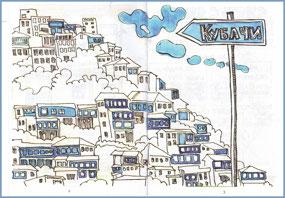
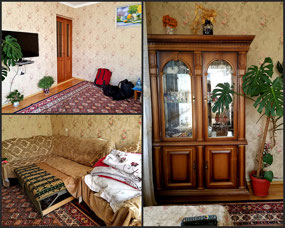
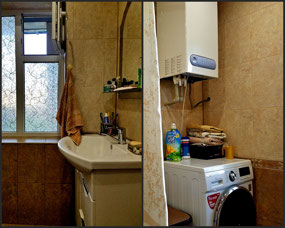
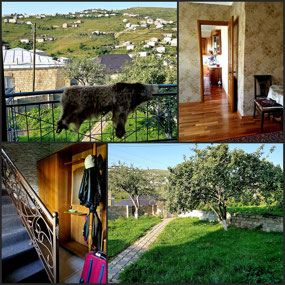
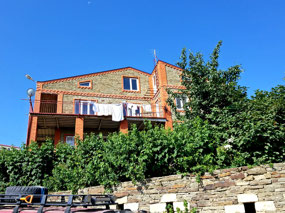
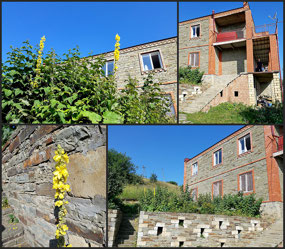
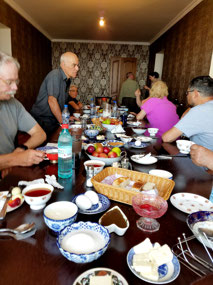
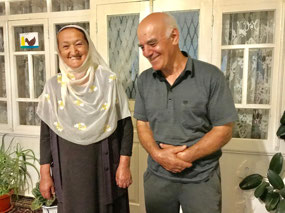
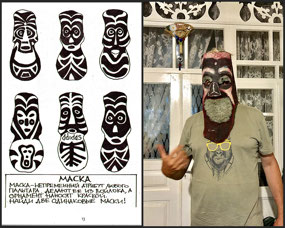
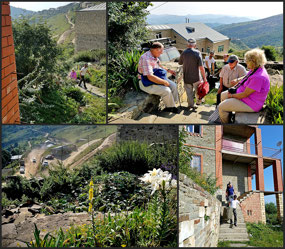
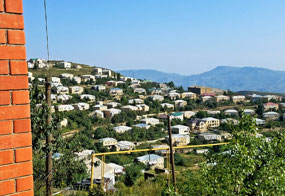
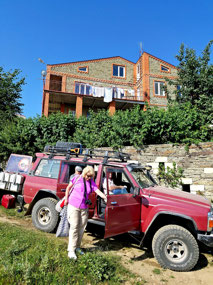
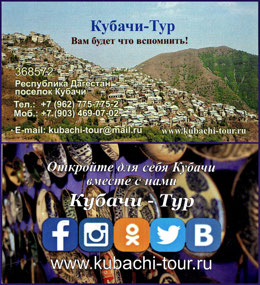
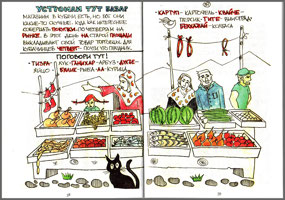
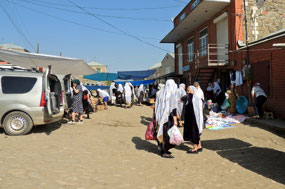
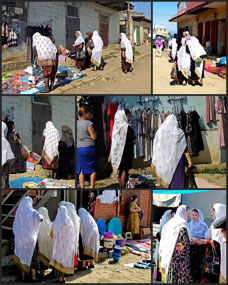
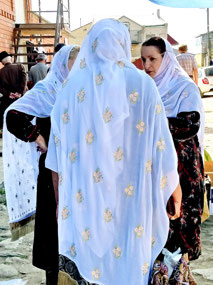
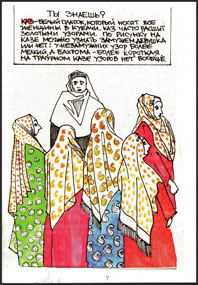
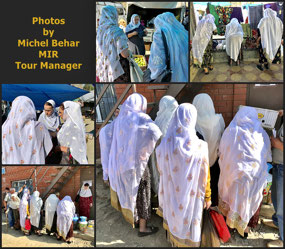
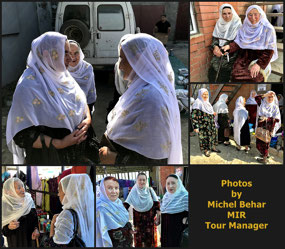
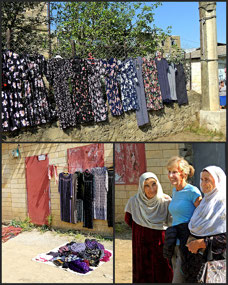
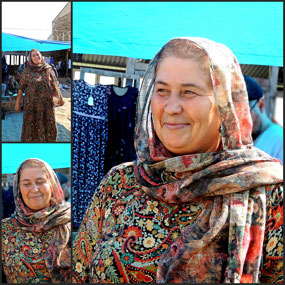
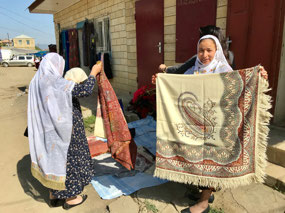
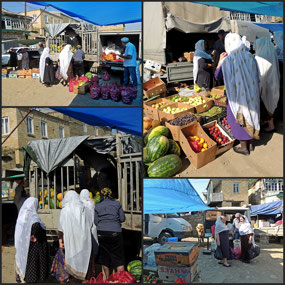
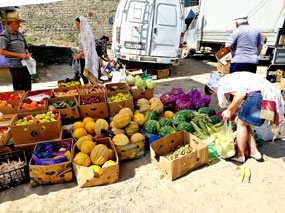
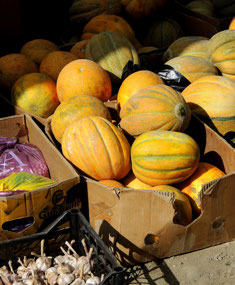
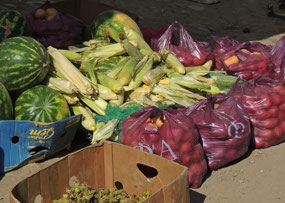
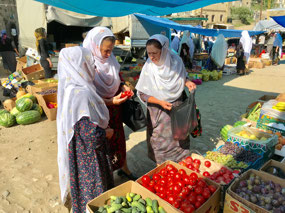
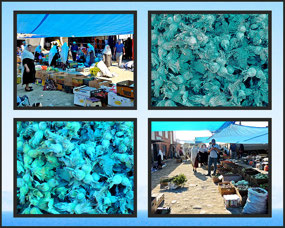
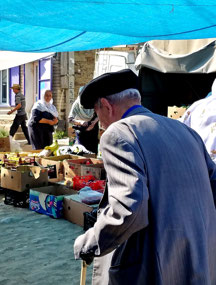
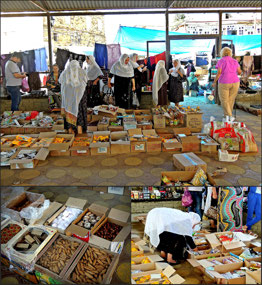
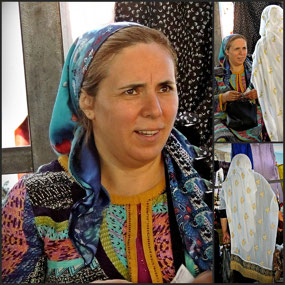
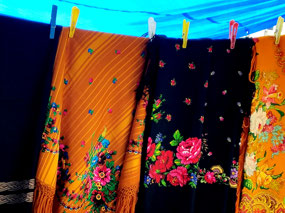
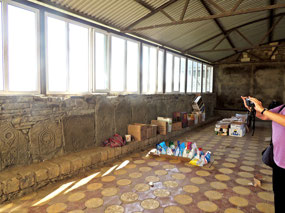
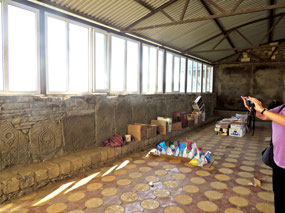
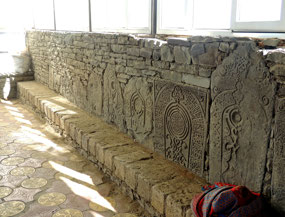
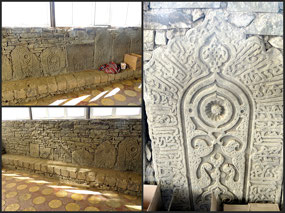
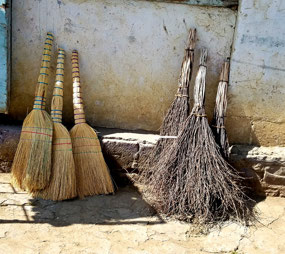
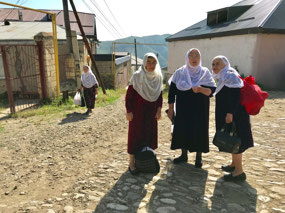
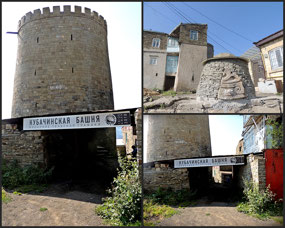
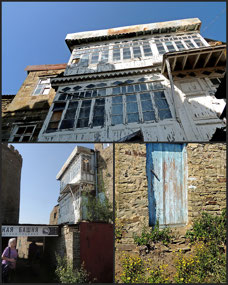
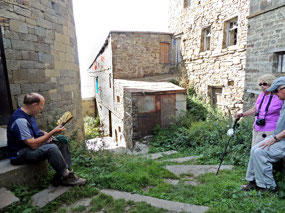
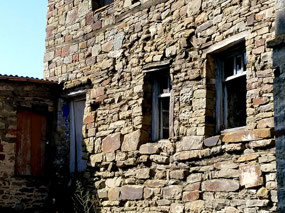
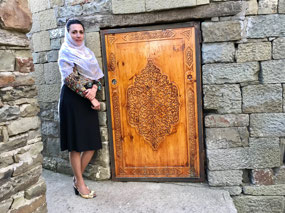
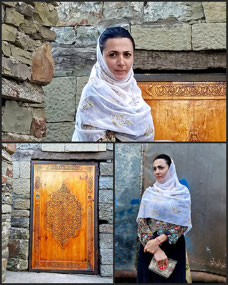
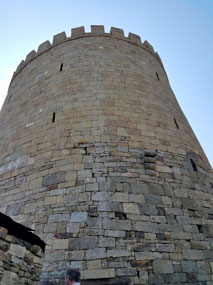
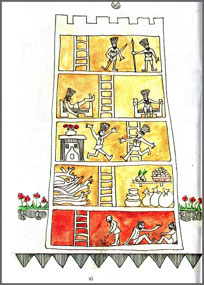
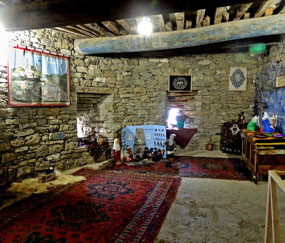
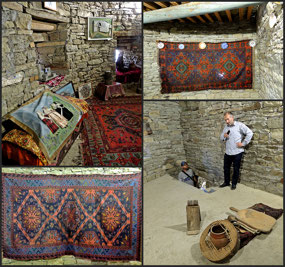
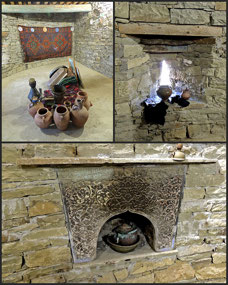
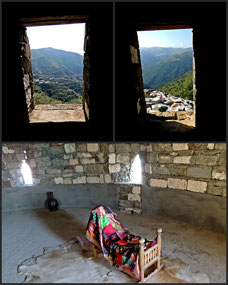
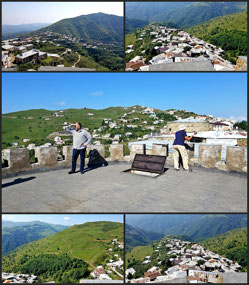
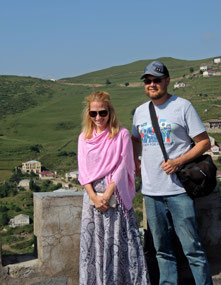
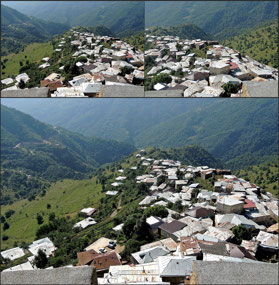
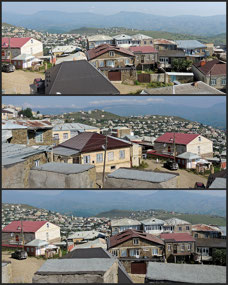
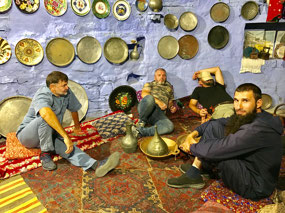
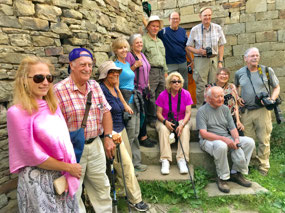
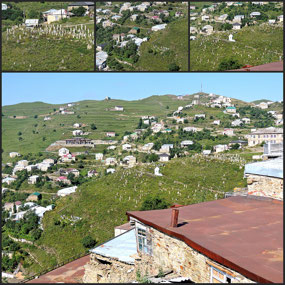
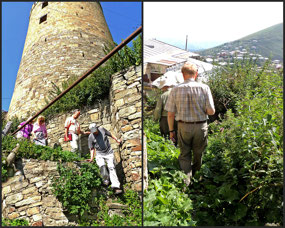
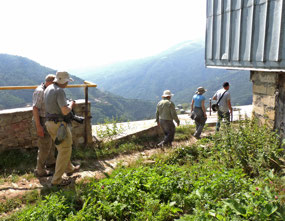
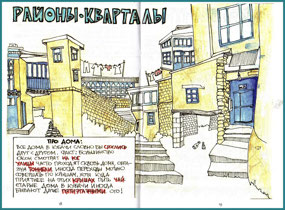
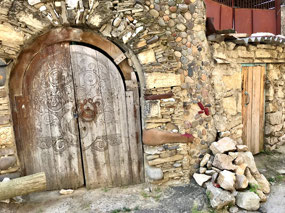
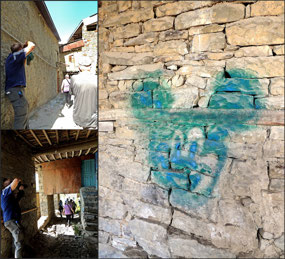
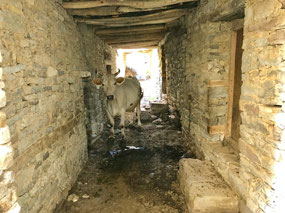
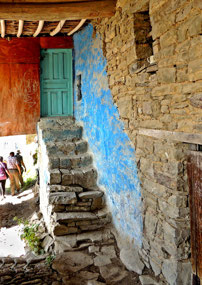
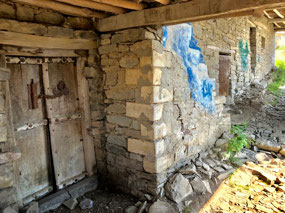
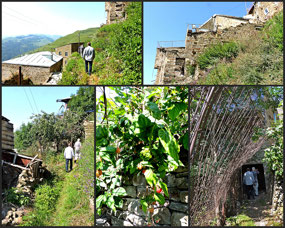
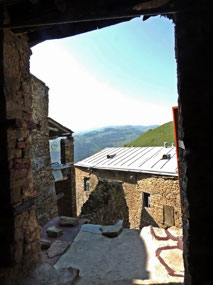
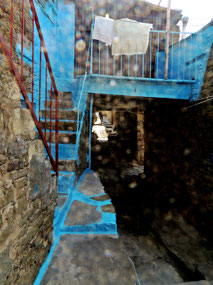
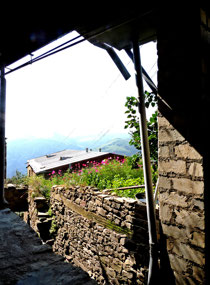
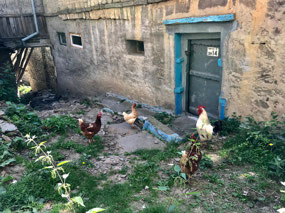
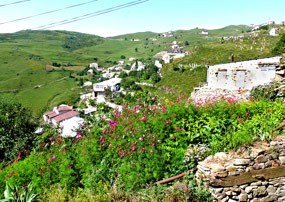
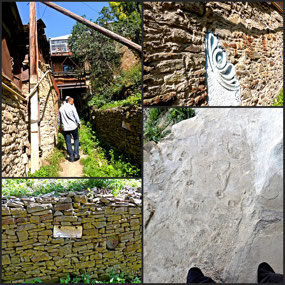
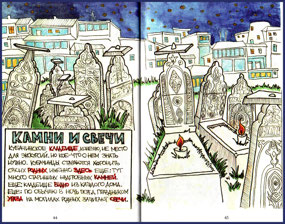
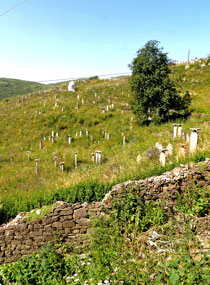
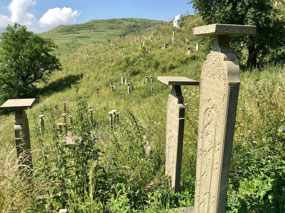
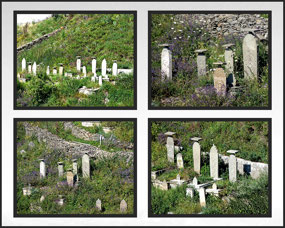
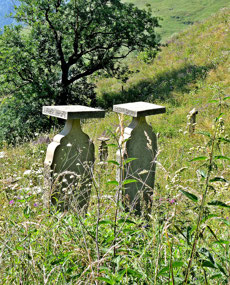
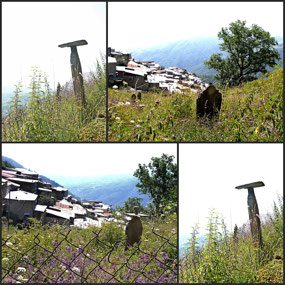
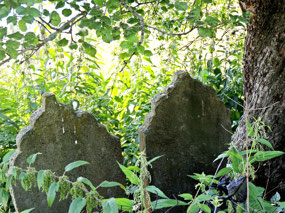
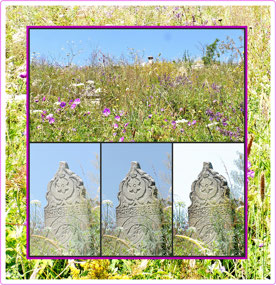
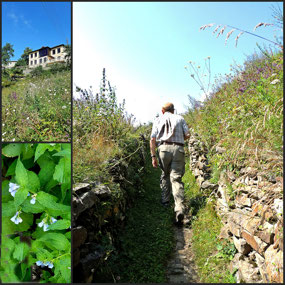
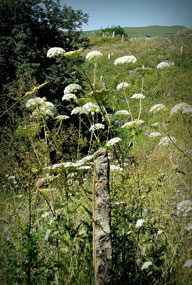
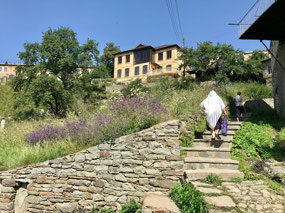
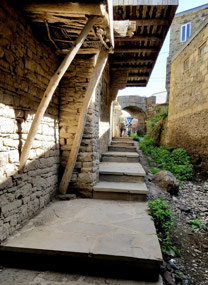
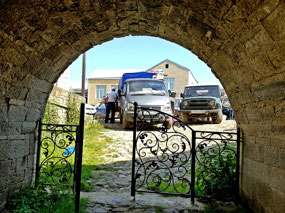
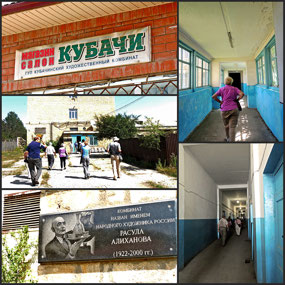
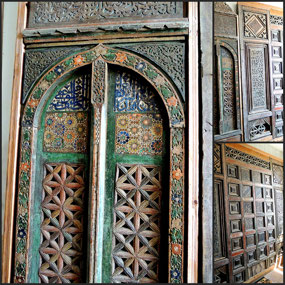
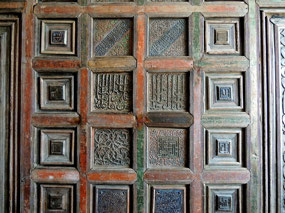
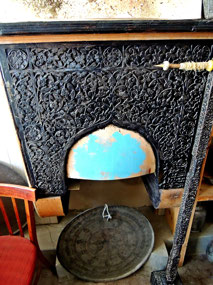
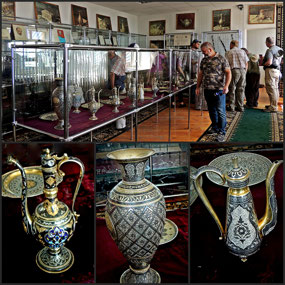
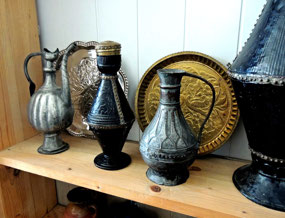
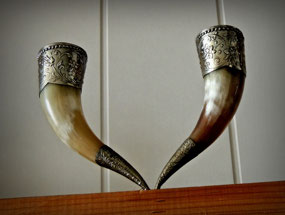
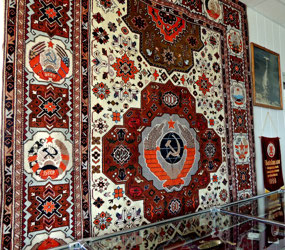
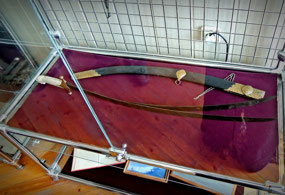
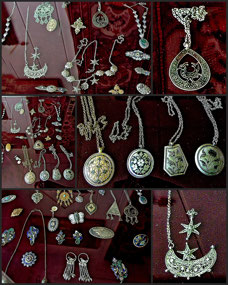
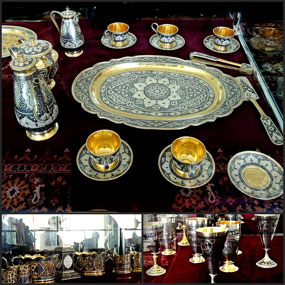
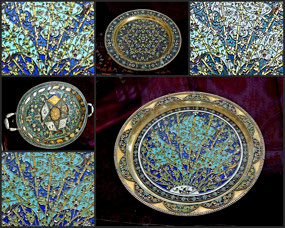
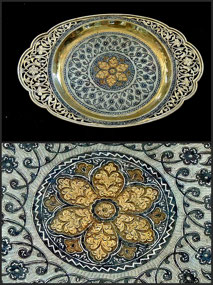
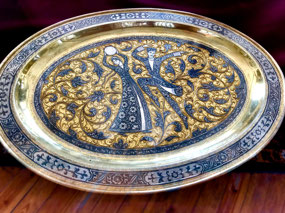
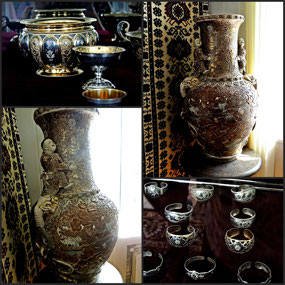
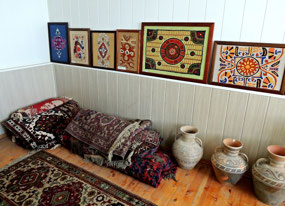
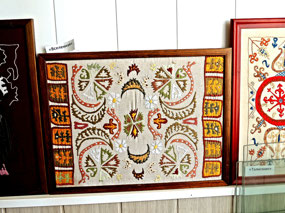
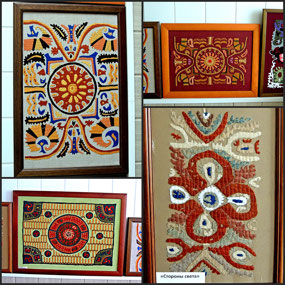
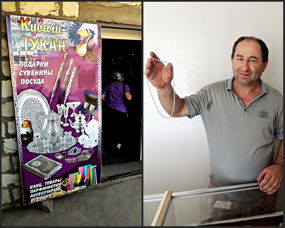
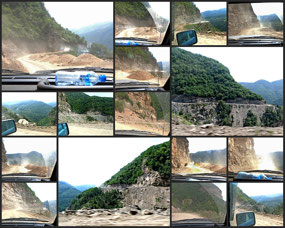
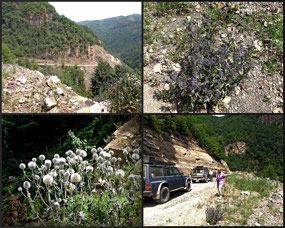
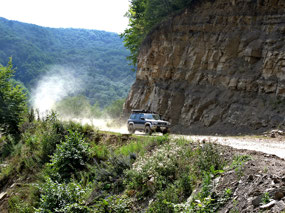
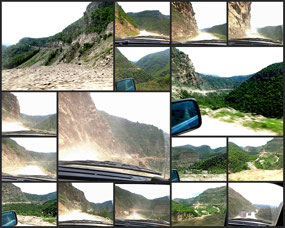
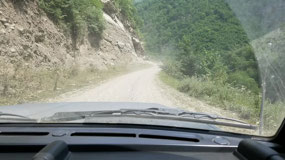
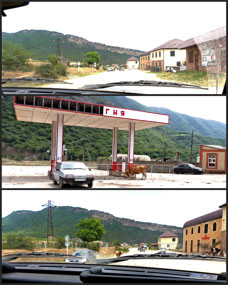
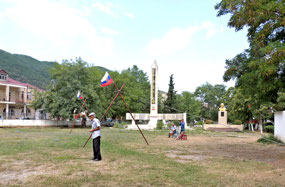
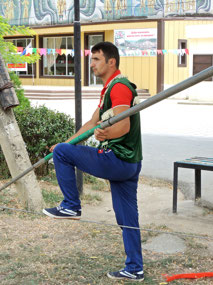
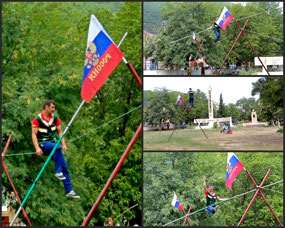
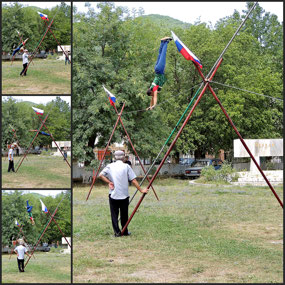
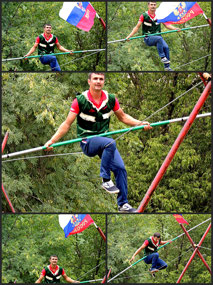
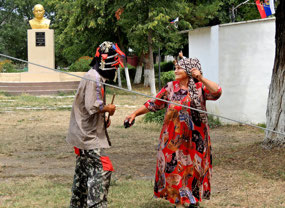
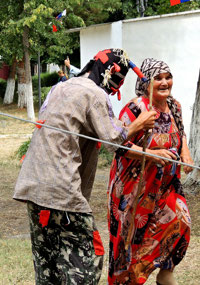
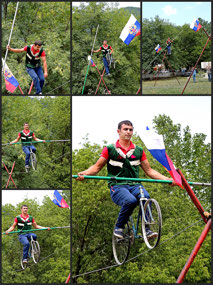
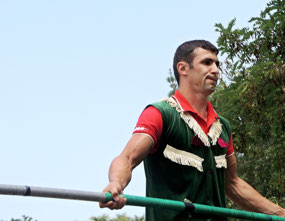
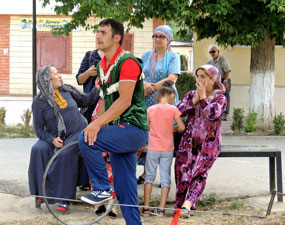
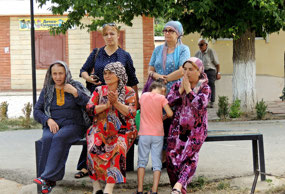
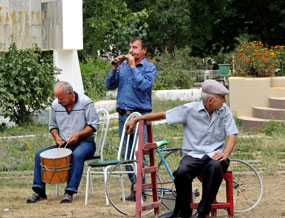
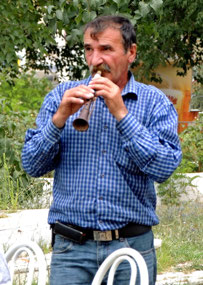
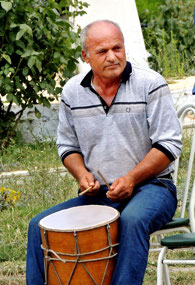
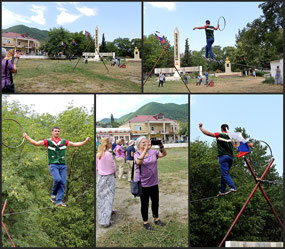
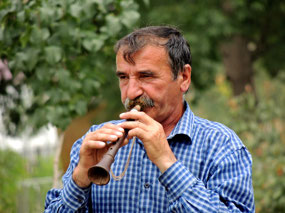
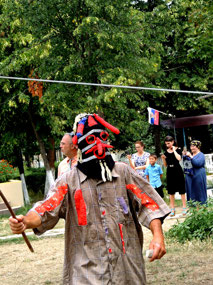
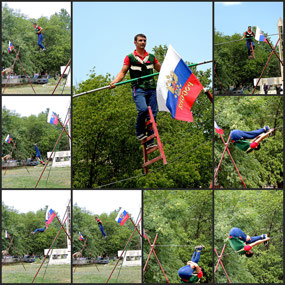
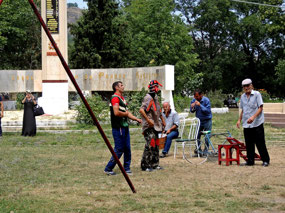
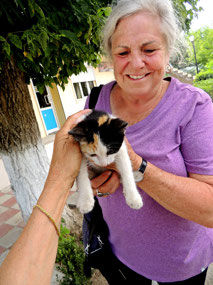
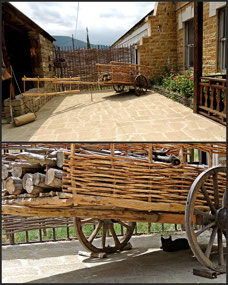
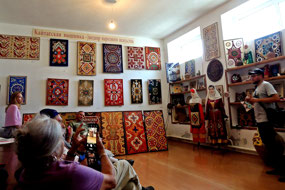
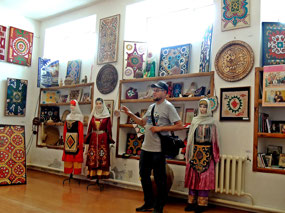
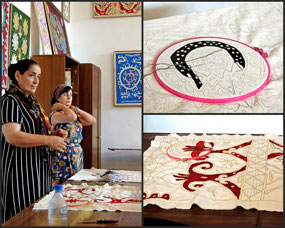
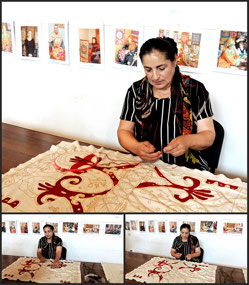
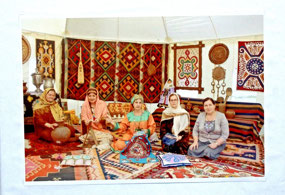
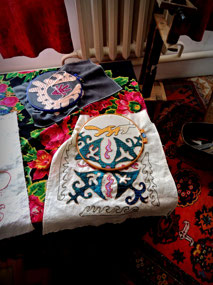
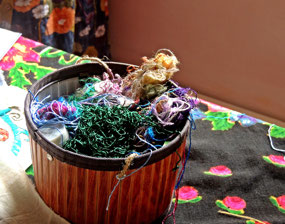
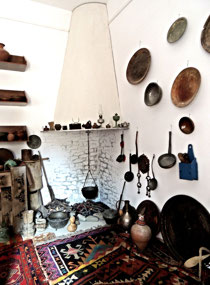
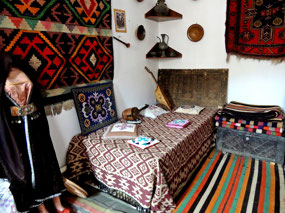
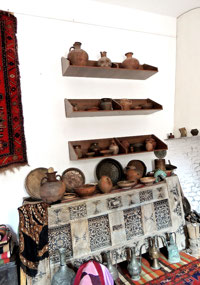
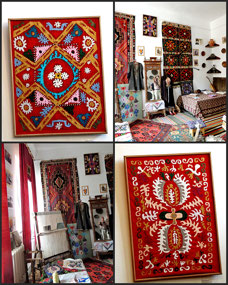
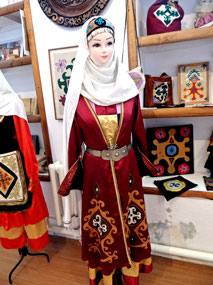
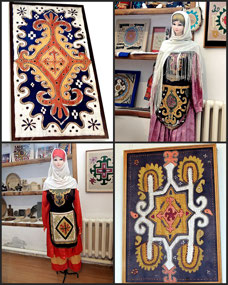
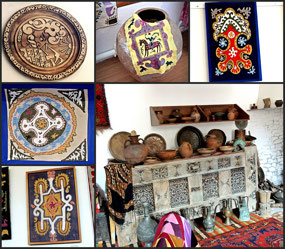
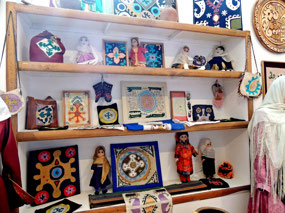
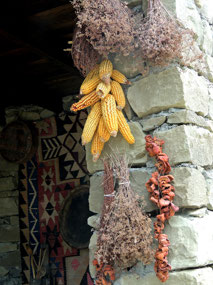
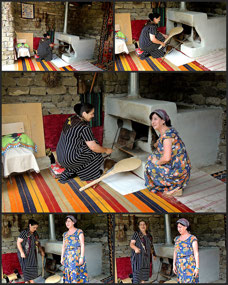
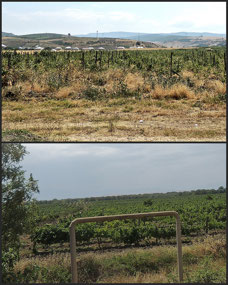
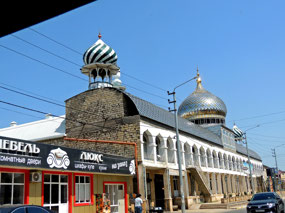
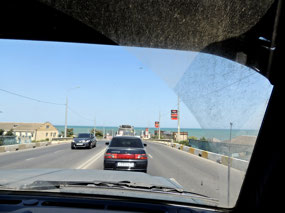
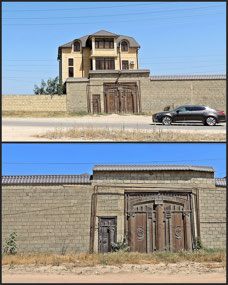
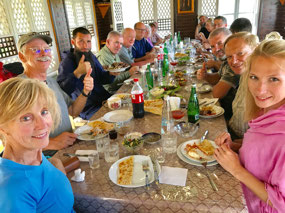
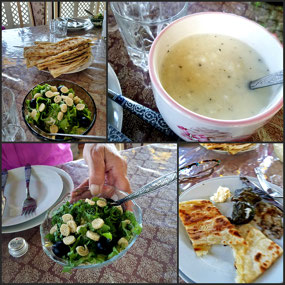
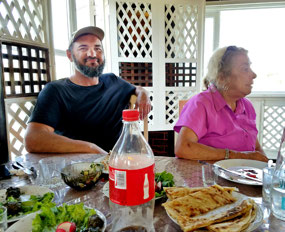
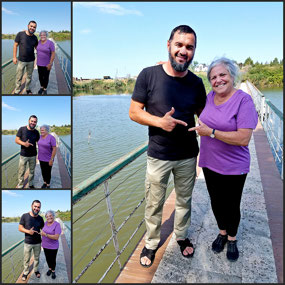
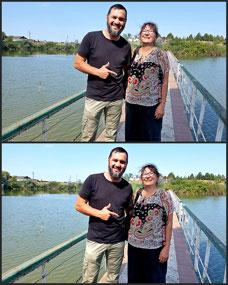
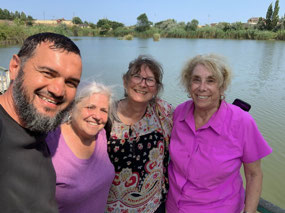
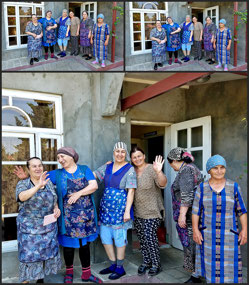
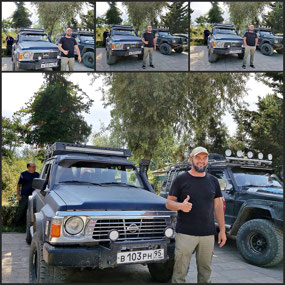
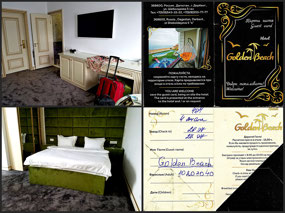
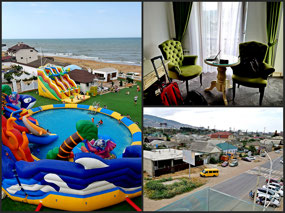
2025-05-22